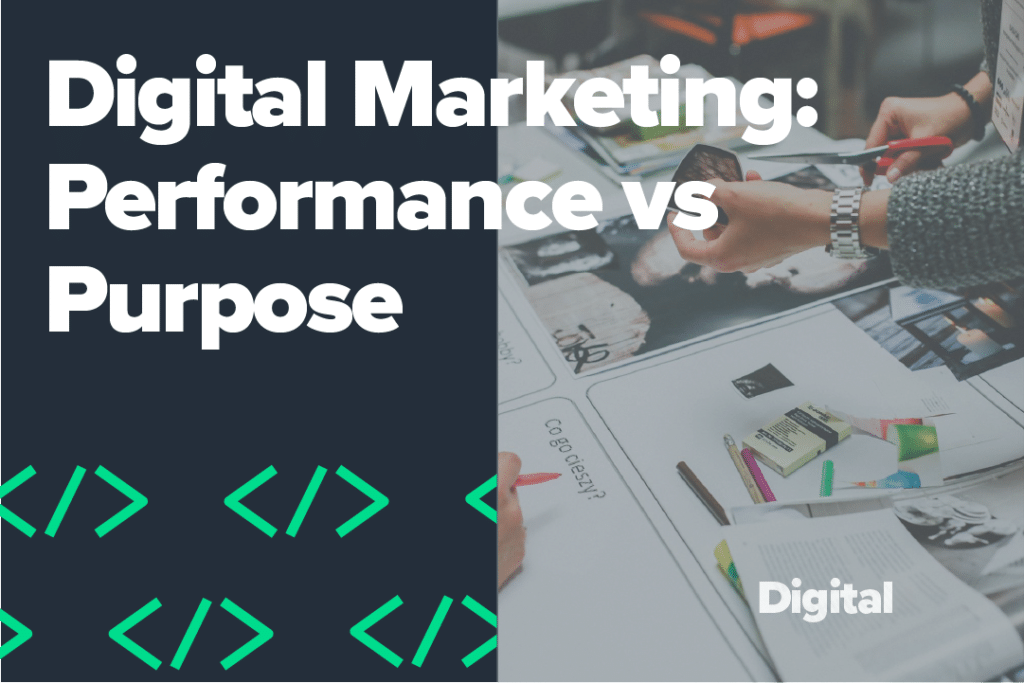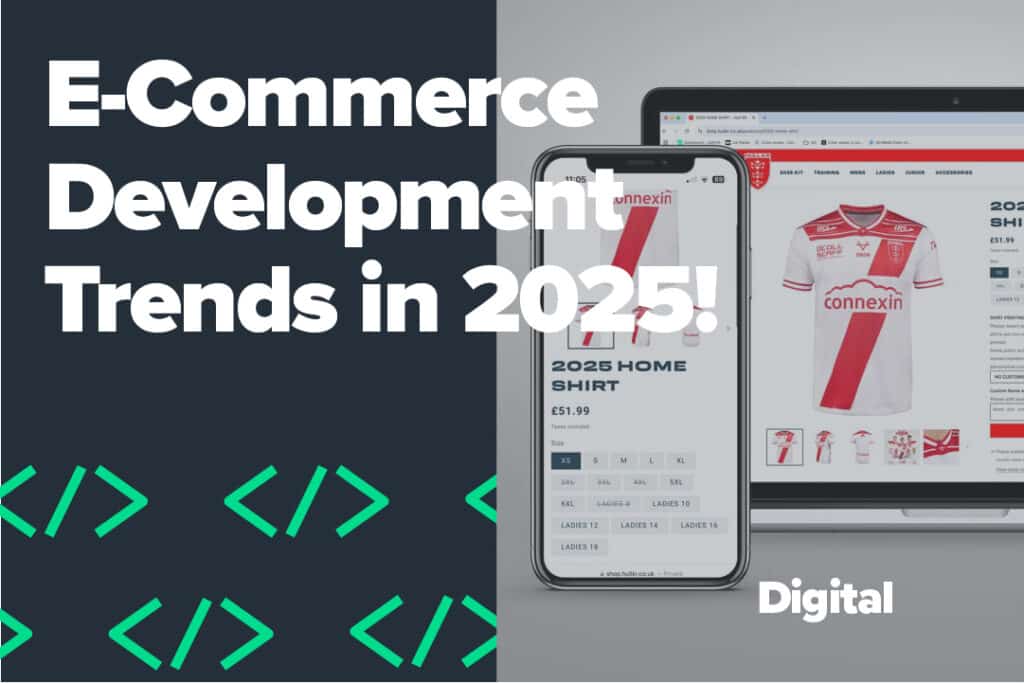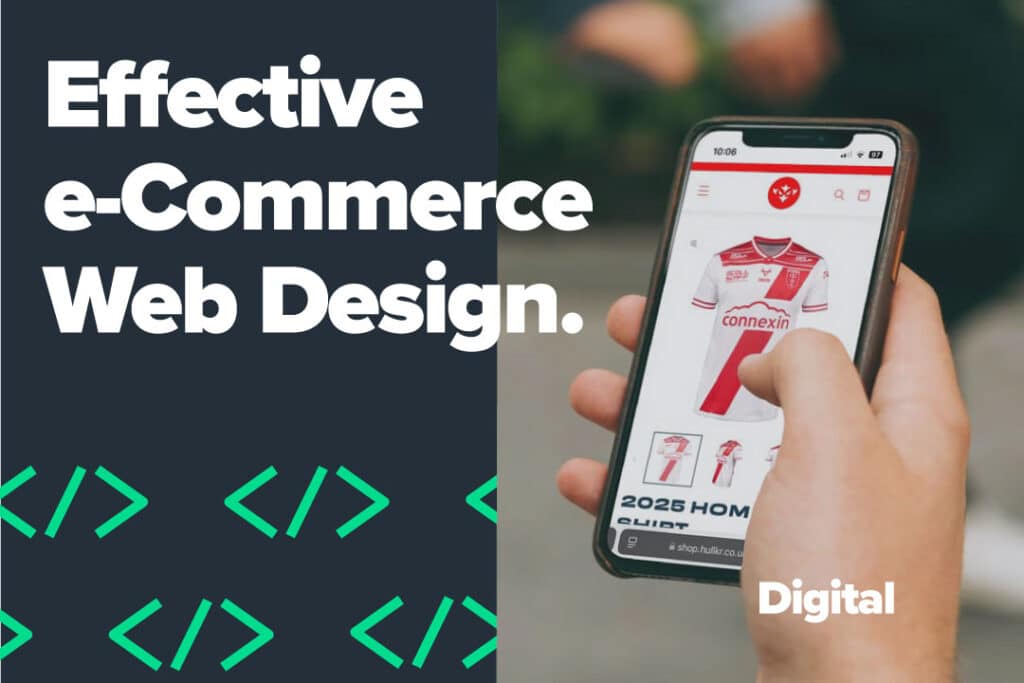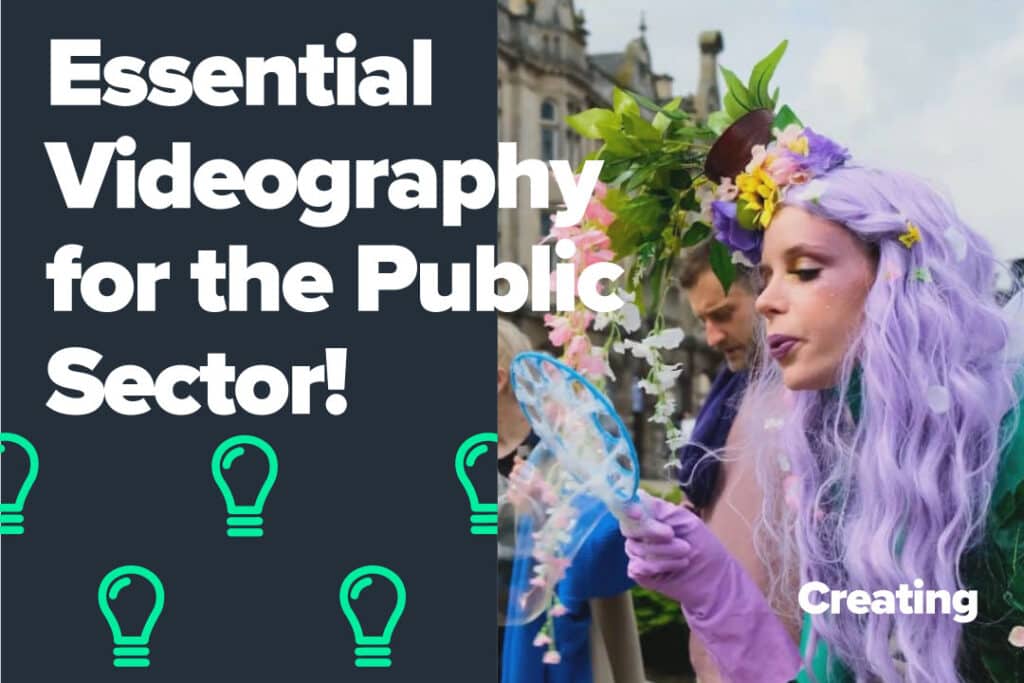SEO is a crucial part of any business and marketing strategy – it makes your website more visible and can therefore increase traffic. It can sometimes be overlooked or pushed down the priority list in a marketing strategy in favour of social media and other content creation, but we are here to tell you why it is so important.
In this blog, we simplify SEO and tell you everything you need to know!
What is SEO?
The term Search Engine Optimisation was initially coined in 1997 and is simply a process used to optimise a website’s technical configuration and content in order for it to become easily findable for popular keywords and user search queries. Search engines like Google rank will rank these optimised pages higher than others, so they’re more likely to appear towards the top of search pages.
In order to achieve optimisation, there are three types SEO that you need to know about: on-page, off-page and technical.
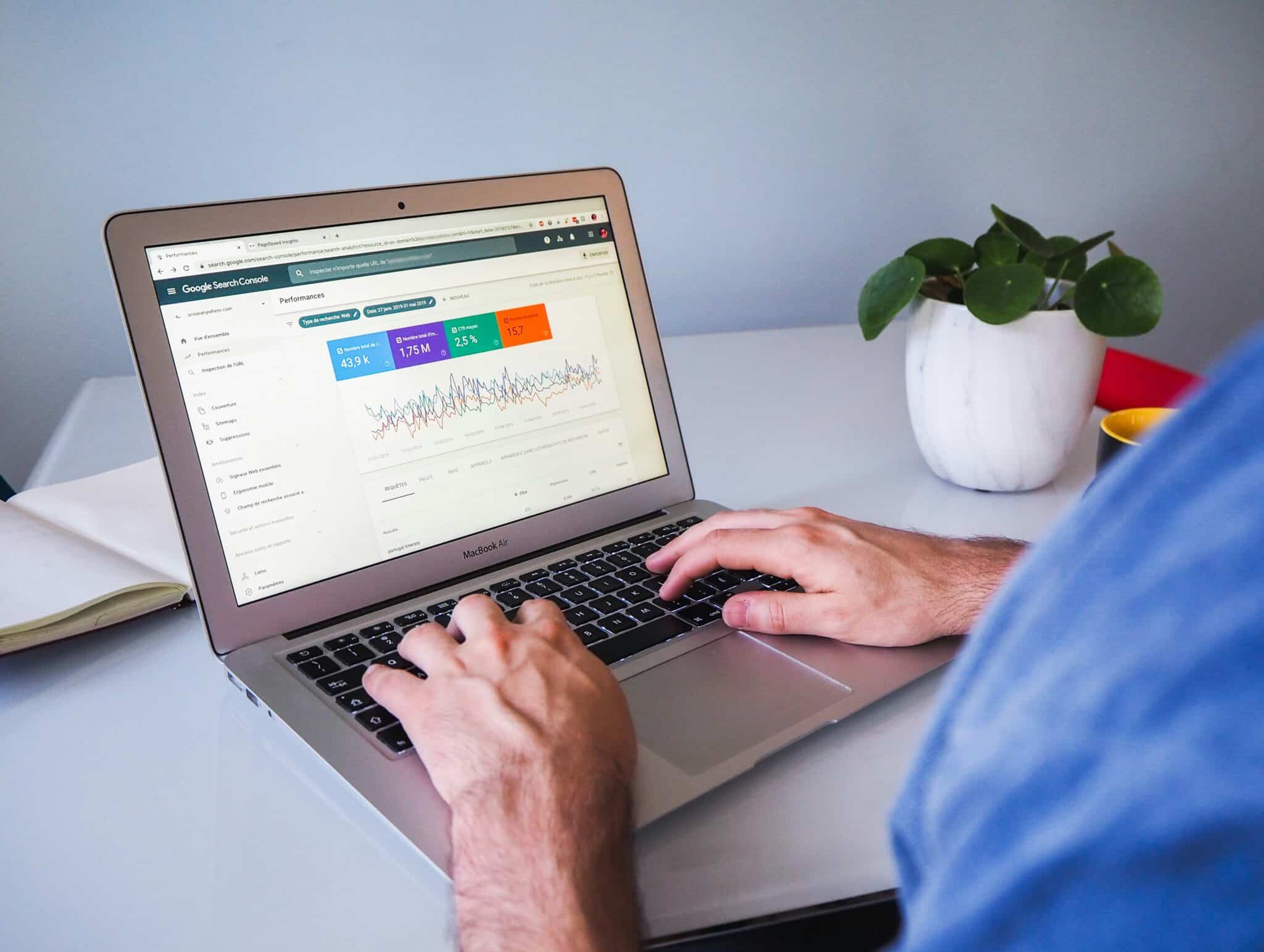
On-Page SEO
On-page SEO refers to anything on the website pages including copy, title tags, image alt text and internal links. It is important to properly optimise all of the on-page content to allow search engines to rank pages higher, increase user experience and improve crawlability.
When ranking pages, Google pays a lot of attention to on-page signals and often prioritises user experience to ensure websites are meeting the requirements of search queries. To improve on-page SEO, consider the following:
- Conduct keyword research to decide what you want to rank for
- Write engaging meta descriptions (these show up underneath your page title on a Google search!)
- Structure your pages with headings and subheadings (H1 and H2 titles)
- Use simple URLs
- Add internal links to other pages on your website
- Include and optimise images (use alt text)
- Keep copy simple and easy to skim read
Off-Page SEO
Off-page SEO refers to everything outside of the website, including backlinks, social media and guest blogging. Whilst it may seem strange needing to optimise content away from your website, it is important to note that it can negatively effect your website SEO performance. Links coming to your website must be trustworthy credible sources to be able to positively impact search rankings. Bad links can have the inverse effect and can damage your performance.
Here are some recommendations to improve off-page SEO performance:
- Use tools to analyse backlinks to determine their authority
- Consider digital PR
- Refresh your social media content to be more engaging
- Consider guest blogging/posting in relation to your keyword research
- Create and engage with a review platform
Technical
Technical SEO considers things like page indexing, crawlability, mobile usability and load speeds, all of which enhance user experience and reflect positively on search rankings. It allows your pages to be found by search engines – if they are slow and unresponsive, people may quickly click off them. This is important because user behaviour is tracked by search engines and user experience is a huge factor in search engine ranking.
To improve your technical SEO performance, try some of these tips:
- Set up Google Search Console and submit your sitemap
- Understand page indexing (some don’t need to be indexed!)
- Improve your page speed through looking into page speed insights on Google Search Console
- Ensure your website is mobile-friendly
- Fix broken pages
- Optimise core page vitals

Why is SEO Important?
To make this simple, here are the 10 reasons why you should be prioritising your SEO strategy!
- SEO essentially increases the volume and quality of traffic coming to your website via organic search results by enabling you to rank for relevant keywords and search terms
- Increases visibility (people rarely click through to the next page of results) – organic traffic usually accounts for the majority of traffic to any website
- Increases the volume of traffic to the website allowing for more opportunities for conversions
- Ability to target specific audiences using relevant keywords and search terms which means you can generate better quality leads
- More cost-effective than paid traffic and does not require previous knowledge of the brand (awareness) like direct search does
- Builds credibility and trust in users
- Ability to target specific locations too with location based keywords (tip – set up a Google My Business Account)
- SEO can improve user experience – with Google they focus on the search intent and monitor user behaviour on website to see if they are finding what they are looking for and adjust accordingly – paying attention to user behaviour and the intent of the search is therefore crucial when assigning keywords
- SEO can help with each stage of the marketing funnel – awareness > evaluation > conversion
- Easy to track and measure which allows you to adapt and optimise your SEO strategy
Our experienced Digital Marketing team can assist you in the development and implementation of your SEO strategy so get in touch for a free consultation!

